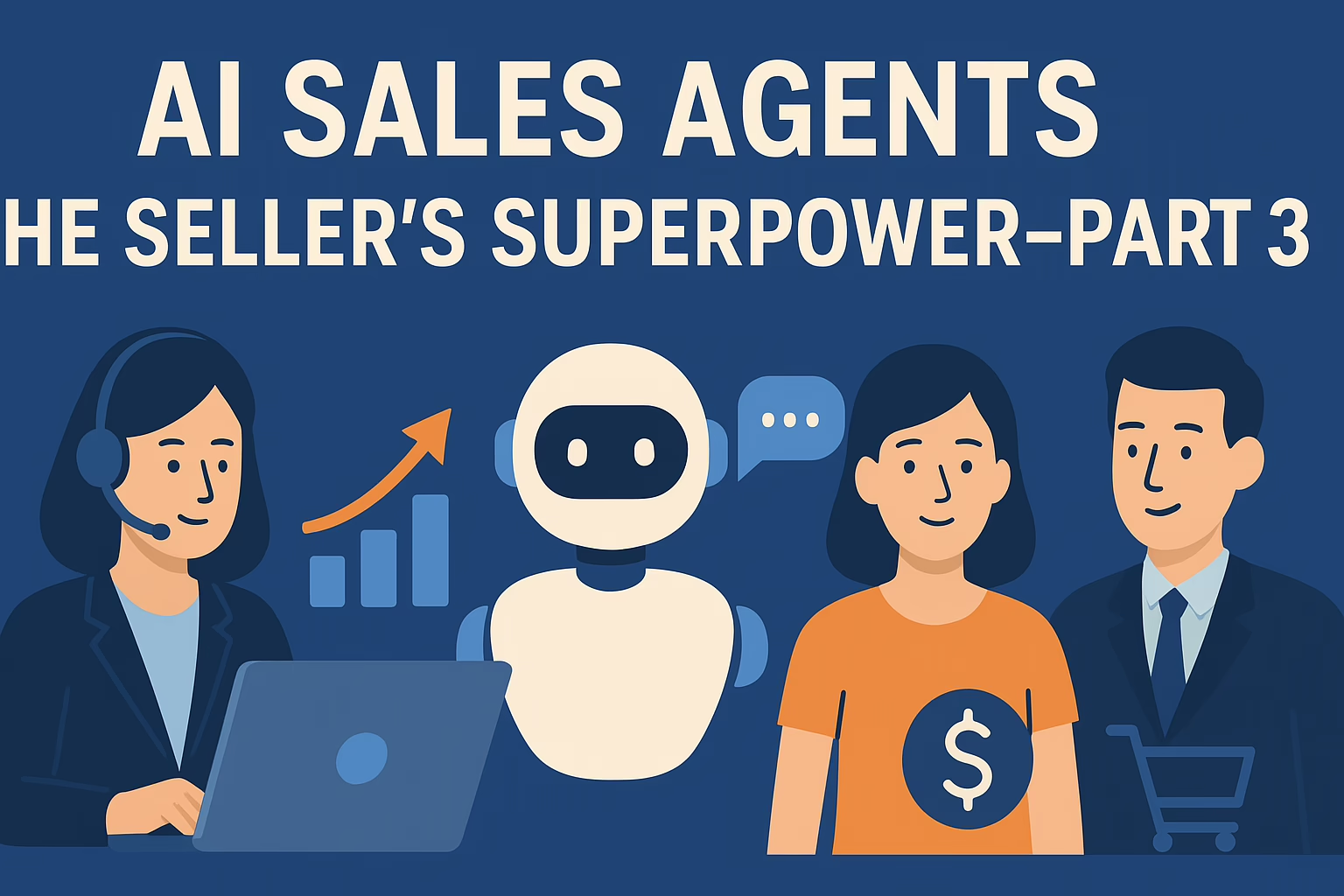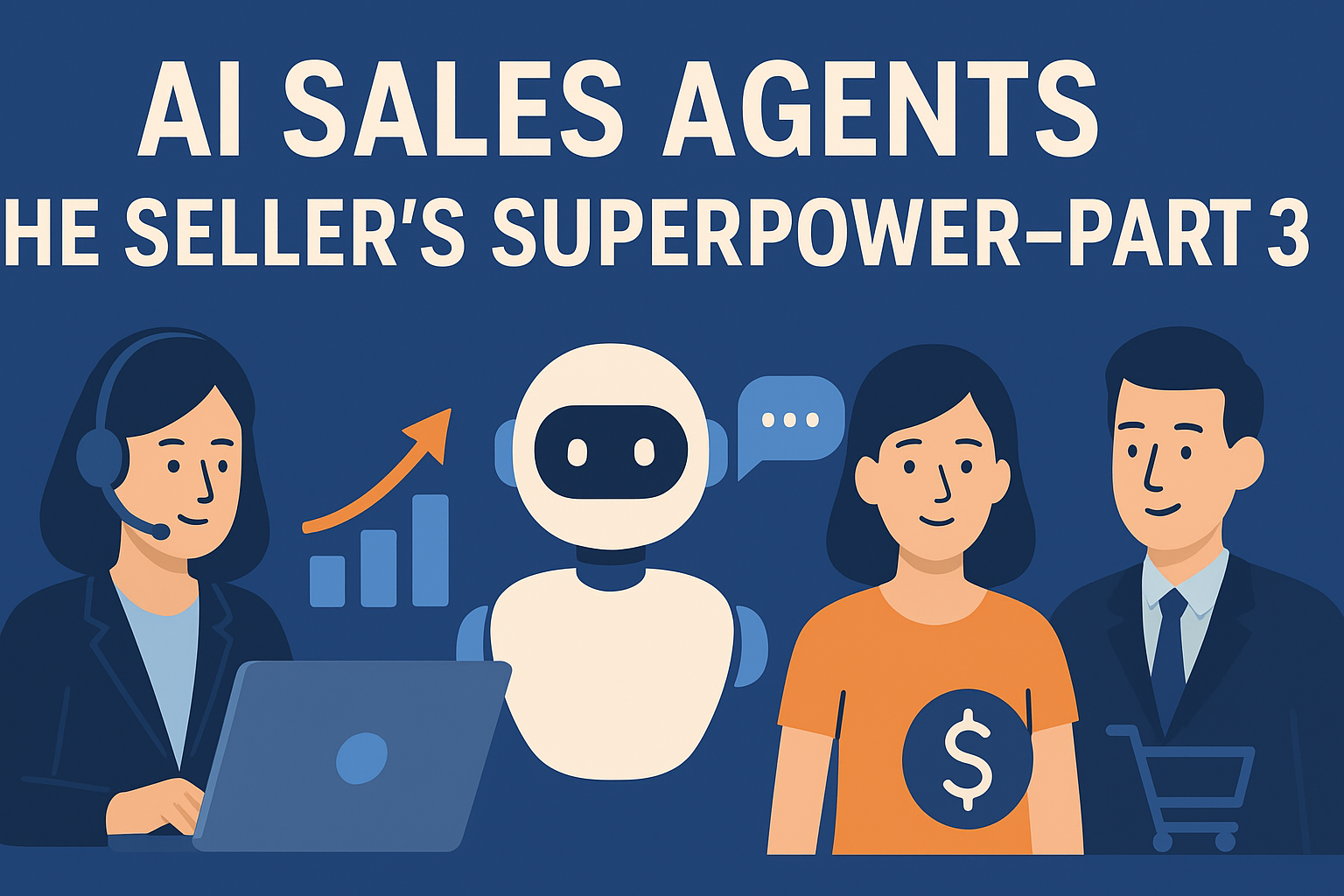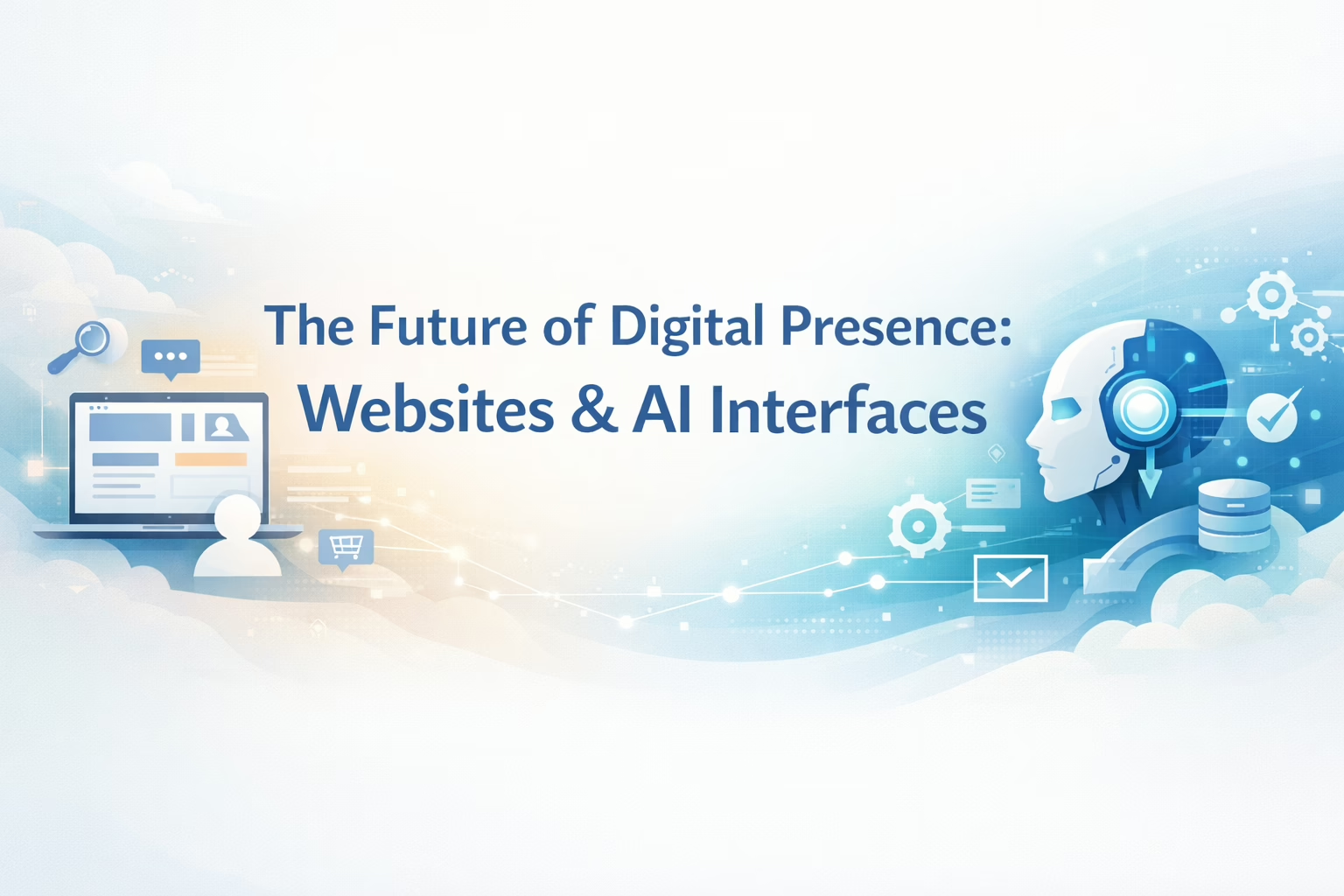In today’s hyper-competitive marketplace, sellers face more pressure than ever before. Buyers expect instant responses, personalized offers, and seamless experiences across every digital touchpoint. At the same time, sellers must manage pricing, inventory, negotiations, and customer relationships in real time.
This is where AI Sales Agents step in. Acting as digital superpowers for sellers, they combine predictive analytics, automation, and natural language intelligence to streamline the sales process, improve conversion rates, and create stronger buyer relationships. In the era of digital commerce, these agents are transforming sales teams into high-performance engines.
Problem Statement – Challenges Sellers Face
Despite advances in sales technology and CRM platforms, sellers are still weighed down by common issues:
- Manual Sales Workflows – Repetitive tasks like responding to inquiries, updating CRM entries, and sending follow-ups consume valuable time.
- Inconsistent Buyer Engagement – Human sales teams can’t always deliver instant, 24/7 support, leading to missed opportunities.
- Data Overload – Sales teams often lack the tools to extract actionable insights from sales analytics and buyer behavior data.
- Scaling Limitations – Growing businesses struggle to maintain personalized customer experiences while scaling sales operations.
- Competitive Pressures – Without intelligent sales automation, sellers lose ground to competitors who respond faster and smarter.
These obstacles prevent businesses from unlocking their true sales potential and often frustrate buyers seeking seamless interactions.
AI-Driven Solution – Sales Agents that Empower Sellers
AI Sales Agents transform selling from a manual, reactive function into a proactive, automated, and intelligent process. Here’s how they provide sellers with a competitive edge:
- Sales Process Automation – AI agents handle repetitive tasks such as lead qualification, scheduling demos, and sending personalized follow-ups.
- Intelligent Lead Scoring – Using predictive analytics, AI prioritizes prospects most likely to convert, optimizing seller focus.
- 24/7 Buyer Engagement – AI-powered chatbots and voice assistants engage customers instantly, ensuring no lead is lost.
- Personalized Sales Strategies – AI analyzes buyer history and preferences to recommend tailored offers and upsells.
- Dynamic Pricing & Negotiation – AI can adjust pricing strategies in real time based on demand, competition, and buyer intent.
- Integrated Sales & Procurement Ecosystems – Seamless links with digital procurement platforms and marketplaces allow sellers to expand reach effortlessly.
With these capabilities, AI doesn’t just support sales teams—it amplifies their impact.
Outcome/Impact – The Seller’s Superpower Realized
Organizations adopting AI in sales are experiencing measurable improvements:
- Higher Conversion Rates – Smarter lead targeting and personalized recommendations boost sales success.
- Faster Sales Cycles – Automation eliminates bottlenecks, accelerating deals from inquiry to close.
- Cost Savings – AI reduces the need for large manual sales teams while increasing efficiency.
- Stronger Buyer Relationships – Continuous engagement builds trust and loyalty.
- Global Reach – Sellers can scale into new markets quickly through AI-enabled digital sales platforms.
For consumers, the impact is equally powerful—AI ensures they get quicker responses, better offers, and more personalized experiences.
Tips & Insights – Preparing for AI Sales Agents
Businesses ready to leverage AI sales automation should follow a few best practices:
- Integrate AI with Existing Sales Platforms – Connect AI agents with your CRM and procurement systems for end-to-end visibility.
- Prioritize Data Quality – AI sales insights rely on clean, structured customer and sales data.
- Experiment with Sales Automation Tools – Start small by automating follow-ups or lead scoring, then expand to negotiation and pricing.
- Train Human + AI Collaboration – AI handles the repetitive and data-heavy tasks, while human sales teams focus on strategy and relationship building.
- Monitor AI-Driven Sales Analytics – Continuously refine models based on real-world results to improve accuracy and performance.
Takeaway – Supercharging Sellers with AI
The future of selling isn’t about replacing sales teams—it’s about empowering them. AI Sales Agents act as a seller’s superpower, automating tasks, generating insights, and creating seamless buyer experiences.
The best approach is to adopt AI sales automation gradually, integrating it into the sales workflow step by step. Businesses that embrace AI in sales strategies today will gain a decisive edge, closing deals faster, building stronger customer loyalty, and thriving in the competitive world of digital commerce








